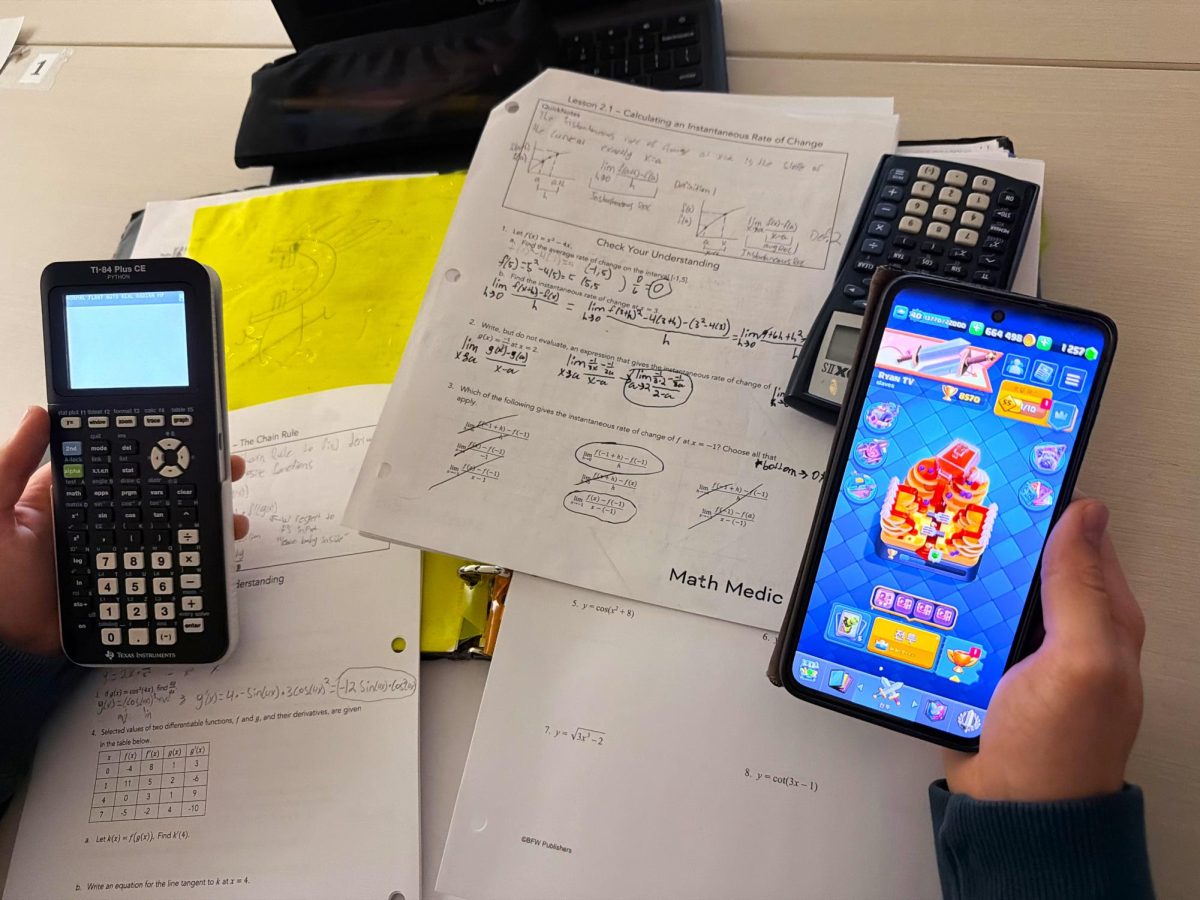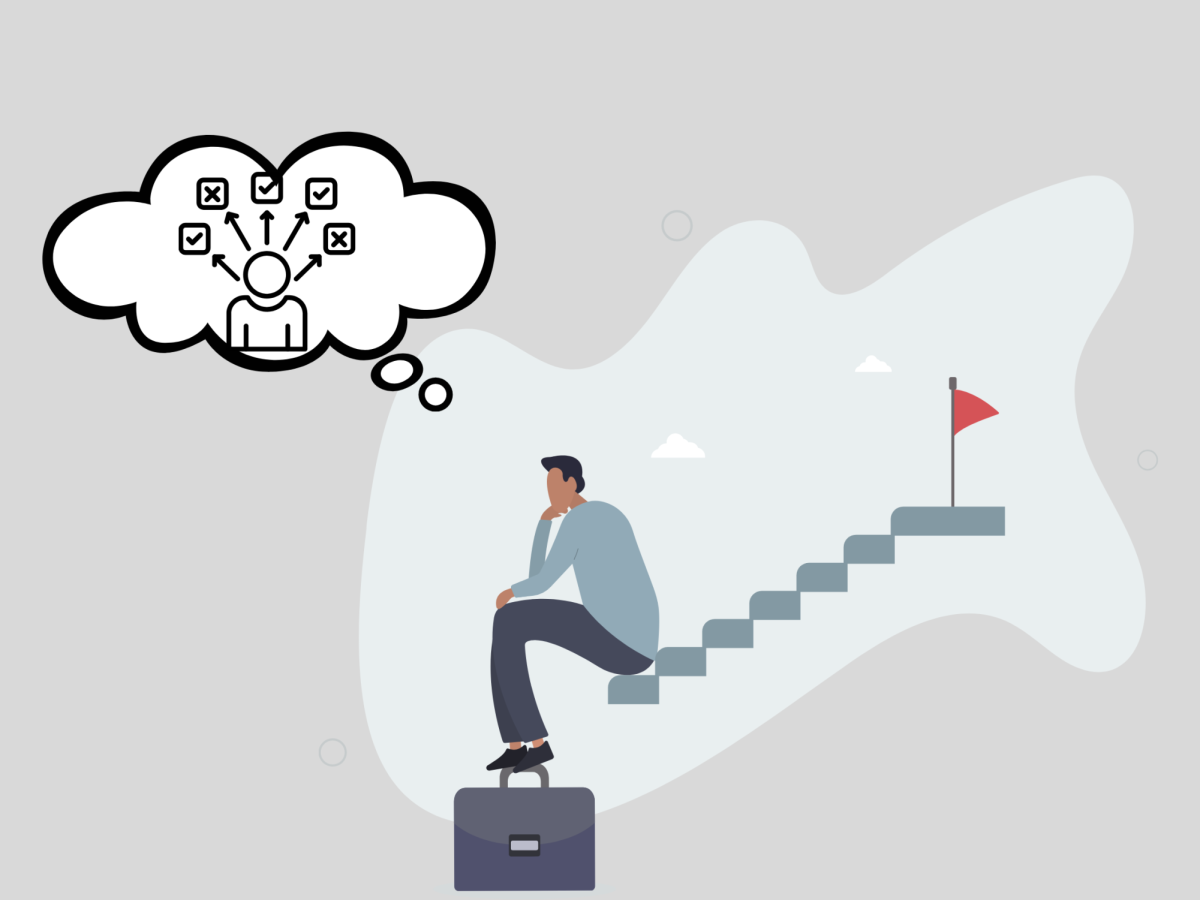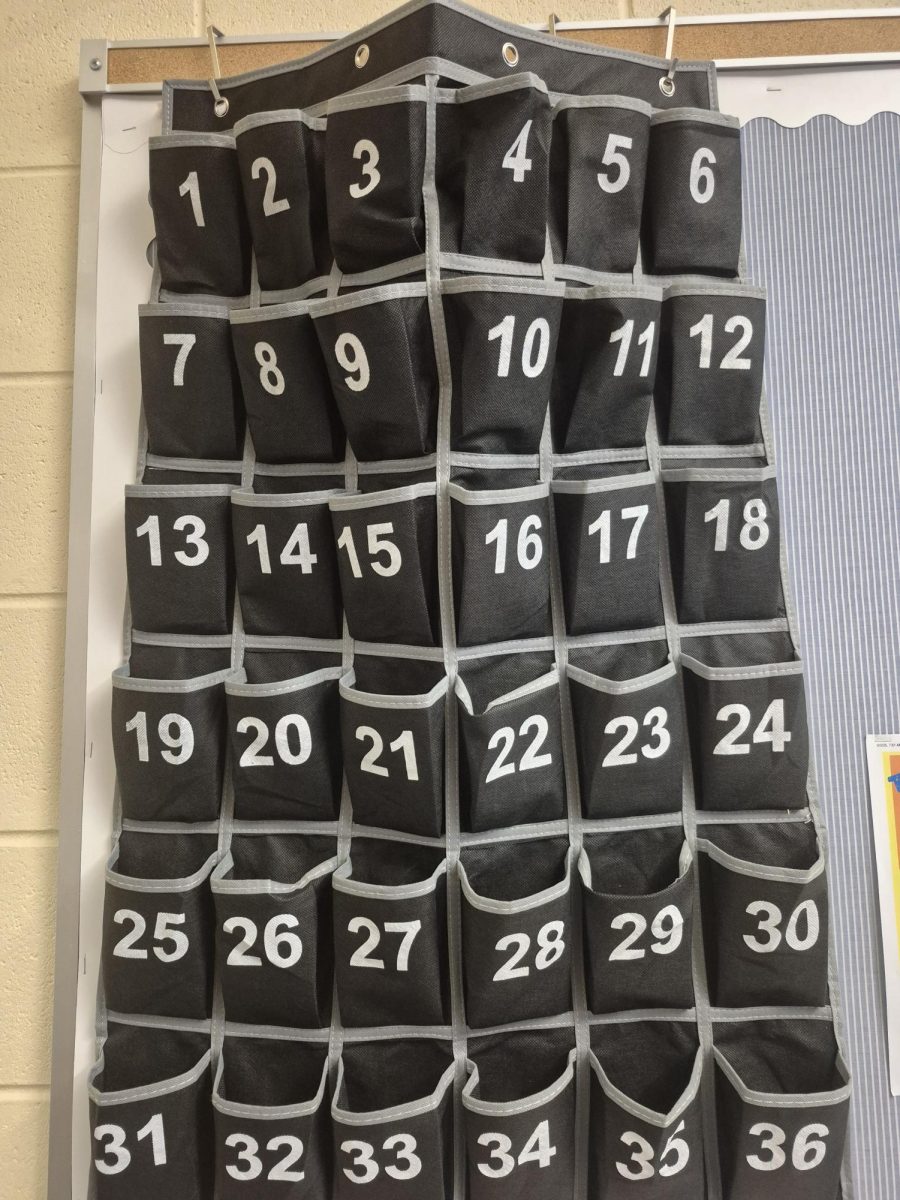Introduction:
The video game Clash Royale was first released in 2016 as spin off of the popular mobile game Clash of Clans. Nine years later, in 2025, it is at its peak with over 1 billion downloads worldwide across multiple mobile platforms. Clash Royale, for better or for worse, is being played by high school students at school, restaurants, family gatherings, church, and more. People may wonder why this surge in play is happening; however, it is of greater important to understand the effect it has on those who play it.
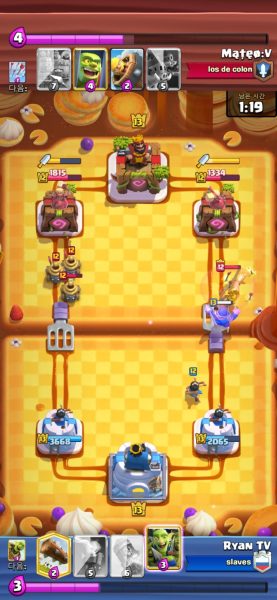
Upsides of Clash Royale:
Many parents and school teachers might see Clash Royale as a distraction for high schoolers, as playing too much could be holding them back. But Clash Royale isn’t all bad. Many players find that it brings them closer to friends and family. Soph. Robert Carr said, “I started playing because a couple of my friends started playing; I would say it brought me closer to my friends.” Frosh. Jeongwoo Yoo said he got his dad involved and noted, “It’s a great topic to talk about and something friends can do together during free time.” Unfortunately, this seems to be the end of the upsides.
Downsides of Clash Royale:
While Clash Royale entertains, it also comes with some significant drawbacks. One common issue is the frustration players feel when they lose. Carr said, “When you lose, there’s definitely anger and negative feelings. I’ve had to take deep breaths to calm down after some tough matches.” For Yoo, losing led to more serious consequences as his phone ended up broken. “That’s why I got a new phone…” Yoo said. He said he rates his anger on a scale from 1 to 10 as a “12,” showing just how intense these emotions can get.
Addiction is another major concern. Jr. Eli Zheng said, “Makes me want to play again until I win.” Yoo said, “Gotta get back in trophies, so you just keep playing,” referring to how losing several games pushes players to keep playing to climb back up the ranks. Ranks are determined by the amount of trophies a player has, which are earned when one wins a game, and lost when one loses a game. WO Sr. Colin Schneider said, “There were times I played way too much and procrastinated instead of doing what I needed. Opening the app became a habit more than a choice.” Sneider’s family also expressed concerns about how much he plays the game. He said, “Sometimes my family has pointed out that I play too much or that I should spend my time on other things, especially schoolwork.”
Sleep deprivation is a further consequence. Zheng said players “lose sleep,” while Yoo said, “I’ve stayed up until about 4 A.M. playing Clash.” For teenagers balancing school and life, losing sleep has much more serious negative effects than simply feeling tired. According to the AASM (American Academy of Sleep Medicine), a single additional hour of sleep on school nights is correlated with a higher GPA and 25-34% lower odds of emotional or attention-related problems.
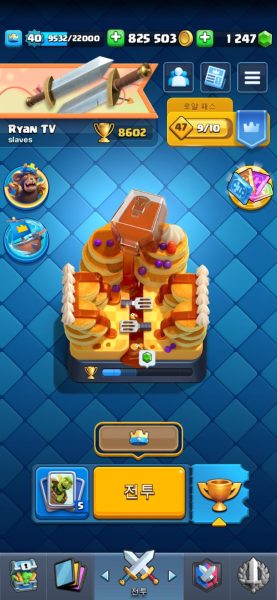
Balanced Perspective:
Clash Royale offers both positive social connections and risks like anger, addiction, and sleep loss. Teen players should be aware of how the game affects their emotions and time management. Enjoyment is great, but honesty about the downsides is key to keeping the “Clash Royale Effect” from becoming a problem in one’s own life.

